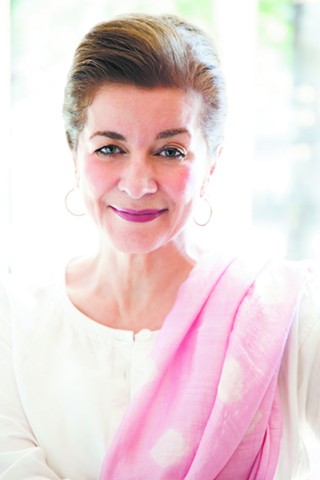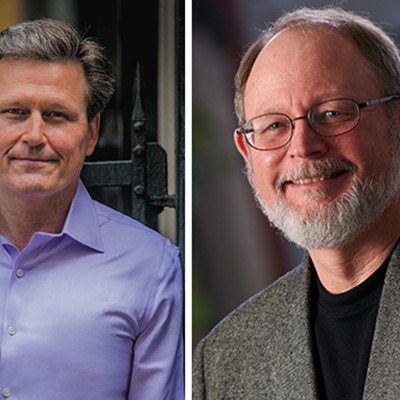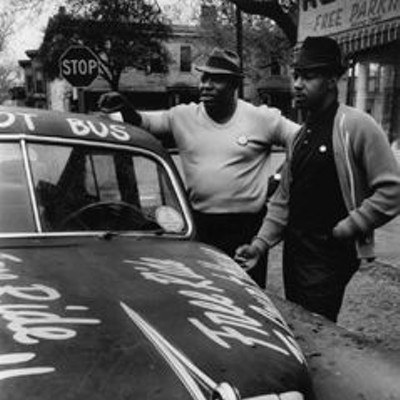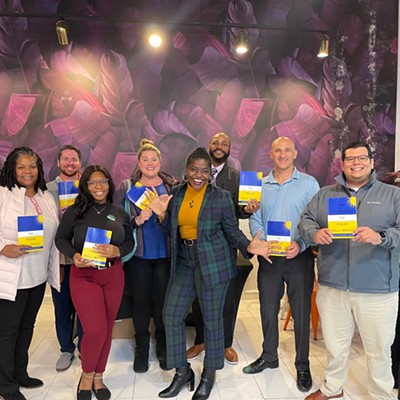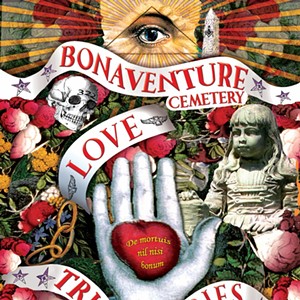A TRAVEL WRITER'S job isn't all cocktails and safaris and massages. It's time-intensive, incredibly detail-oriented, and rarely very lucrative.
But Patricia Schultz managed to leverage her successful, if arduous, 15-year career as a writer of travel guidebooks into the hugely popular 1,000 Place to See Before You Die franchise (it has its own app). The initial weighty tome, published in 2003, has sold over three million copies. A second, full-color edition is out now.
CS: At what point do you lose selectivity when you're writing about a number as large as 1000 places, and just start throwing in too-obvious stuff like The Lady and Sons?
Patricia Schultz: There's no obligation, no quota, no X number of places I have to do for each country. Nor am I obligated to include against my better judgment places that were going to raise eyebrows. I always went with my gut at end of the day.
CS: At the same time, you probably have to include a lot of the obvious stuff or else you look out of touch.
PS: Well, with tourist traps which are overly popularized, I did stand back and try to understand where the appeal was, and maybe where they'd gone wrong, what made them diminished and overbuilt. As tourist-trappish as some places are, so many still give me that thrill. We were in Egypt seeing the Great Pyramid, and because of the deteriorating safety situation we were two of only 12 tourists seeing it, in a very personal way.
But I still assess things with a modern traveler's eye: do I need to get on a plane to go see this thing? If it's in the book, I've decided even if it's swarming with tourists it still holds some remarkable element of wowness.
I don't want to instill frustration, like, "oh my God I have to see all 1000 of these places or I've failed." I'd rather open up people's heads to the embarrassment of choices we have in this world. It's much more than Disneyworld and Rome and Vegas — though I love all those places too! I love all of it.
I love the hot dogs, and I love a $200 French meal in Paris or Lyons. I love natural beauty or manmade beauty. I don't mind standing in line for the Louvre or for the Hermitage — which by the way made the line at the Louvre look like some podunk place.
CS: You've come under frequent fire for including so many high-dollar accommodations and restaurants in the book. At what point do you ask, how can anyone afford to do even a little bit of this stuff?
PS: You can't take that into consideration, mostly because it's a book written for everyone. There are the Irish castles for $700 a night where the staff wears white gloves. Maybe the people staying there are a couple celebrating their 50th wedding anniversary and the kids are pitching in to give them the trip of a lifetime. Maybe the person on a shoestring budget goes and sits in the lobby and has tea and takes it all in that way. And a lot of hotels in the book are tourist destinations in themselves.
Also, with 25 translations, I can't really worry about Americans being able to afford the airfare of getting to Tokyo, when another person might have bought the book in Taiwan.
If I could find the money, would I go to a blues fest in Chicago or a migration in Serengeti or see the penguins in Antarctica? Yeah I would, but it might not be all in the same year.
CS: Is there a certain post-9/11 fatalism in the title that maybe has helped its success?
PS: Yes, the book was overdue and ended up coming out in 2003, when for a good year or two or three after 9/11 Americans were sticking close to home. And the great irony was that home really wasn't so safe, especially if you were a New Yorker. It was finally released about at that moment when Americans were finally ready to grab a passport and go see the world.
Originally people were like, you can't put "die" in the title. It wasn't a Sept. 11, 2001, mentality so much as the idea of urgency, the alarming realization that life is short. Whether or not you believe in reincarnation, at the end of the day the only real guarantee is this life, this one here, is right now.
But over the last 10-11 years, with the advent of the whole top ten list stuff, the vernacular of the "before you die" thing is now used very lightly.
The reality is that life is precious. Do what you love. And if you love to travel there's no time like the present.

